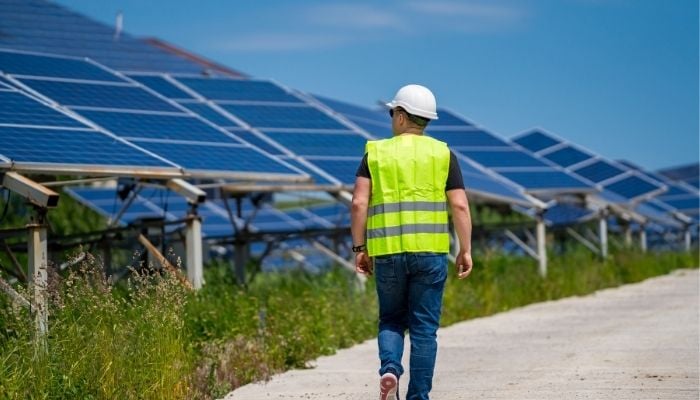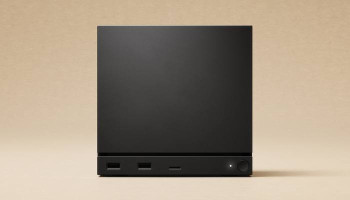
Solar panels are devices that convert sunlight into electricity. They are becoming more popular as a source of renewable energy for homes and businesses.
Benefits of solar panels
Solar panels have many advantages over conventional sources of electricity, such as fossil fuels or nuclear power. Some of the benefits are:
- Solar panels can reduce your energy bills. By generating your own electricity from the sun, you can save money on your utility bills. Depending on your location, you may also be eligible for incentives or subsidies from the government or your energy provider.
- Solar panels can reduce your carbon footprint. By using solar energy, you can avoid emitting greenhouse gases that contribute to climate change. Solar panels do not produce any harmful pollutants or waste during their operation.
- Solar panels can increase the value of your property. By installing solar panels on your roof, you can make your home more attractive to potential buyers. Solar panels can also improve the aesthetics and functionality of your roof.
- Solar panels can provide you with energy security. By having your own source of electricity, you can reduce your dependence on the grid and avoid power outages or price fluctuations.
How solar panels work
Solar panels are made up of many photovoltaic cells that capture sunlight and convert it into direct current (DC) electricity. The DC electricity is then passed through an inverter that converts it into alternating current (AC) electricity, which is compatible with the appliances and devices in your home.
The amount of electricity that solar panels can produce depends on several factors, such as:
- The size and efficiency of the solar panels. The larger and more efficient the solar panels are, the more electricity they can generate.
- The orientation and tilt of the roof. The optimal position for solar panels is facing south at an angle of about 30 degrees. This maximises the exposure to sunlight throughout the year.
- The weather and season. The amount of sunlight that reaches the solar panels varies depending on the weather and the time of year. Cloudy or rainy days will reduce the output of solar panels, while sunny days will increase it.
















